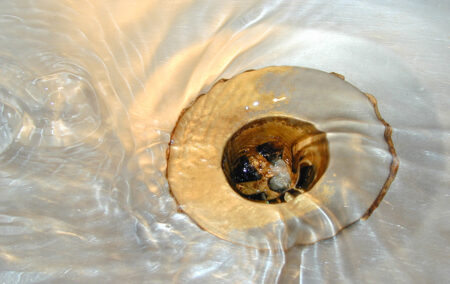Johannesburg Water (Joburg Water) is “financially unsustainable and is increasingly delivering substandard services – all thanks to political interference”, according to a report by News24.
A 29-page “turnaround strategy” was presented by the entity to the City of Johannesburg in July.
The City, the entity’s sole shareholder, adopted and approved the strategy in a council meeting.
The authors blame Joburg Water’s poor performance on the metro, for interfering with the entity’s board and day-to-day operations.
This has led to it being structured, run and operated as a “department”, not as a stand-alone company with sufficient autonomy to make decisions on budgets, revenue management and investments.
“Johannesburg Water is subject to frequent changes at board level, resulting in loss of continuity and institutional memory.
“The chair[person] is replaced with every change in the ruling coalition, undermining board independence and creating the perception that the board cannot objectively and effectively discharge its roles and responsibilities,” the report states.
There were times when not a single engineer was appointed and that “without the requisite balance of independence, diversity, experience, skills and knowledge, the board’s ability to carry out its fiduciary responsibilities is compromised.”
Between 2018 and 2022 there was an average of 60% turnover of board members.
Joburg Water does not have the management and technical expertise necessary to turn the entity around.
“Given the seriousness of the situation, and the imperative for rapid improvement in revenue, the City and Johannesburg Water will consider external capability if necessary.”
Revenue management was centralised by the City in 2010.
The entity’s performance has declined dramatically in the past 15 years:
- A 30% increase in the frequency of water pipe bursts per year between 2012 and 2022;
- A 28% decline in water reserve capacity from 39 hours to 28 between 2021 and 2022. A 35% increase in the incidence of the discharge of untreated sewerage into the environment: from 384 to 517 per 100km between 2012 and 2022;
- A 19% decline in wastewater treatment performance from 86% to 70% between 2013 and 2022.
Long-term underinvestment, weakening financial performance and declining services have put the sanitation services in a dangerous position. Investment in capital projects was lower than it was 15 years ago.
Collection from customers has plunged from 86% to 75% between 2012 and 2022 – the ideal being 95%.
Provision for bad debt spiked from 11% to 23% between 2008 and 2022.
During the same period, capital expenditure declined from 18% to 7%.
Joburg Water’s overall level of efficiency has declined from 60% to 40% in the period 2007 to 2022.
The cost of inefficiency was more than three times the capital budget.
Joburg Water needs R64 billion in capital expenditure in the next decade: it can only accommodate just under R1 billion in this financial year.
Water expert Professor Mike Muller said all Gauteng’s municipalities would experience water shortages between now and 2028, when the second phase of the Lesotho Highlands Water Project would be completed.
“The issue here is not water. The problem is that water use is not efficient. We have been saying since 2019 that if current water use trends continue, we will run out of water. We are not short of water itself, we are short of management in companies like Johannesburg Water.”
Dr Ferrial Adam, executive director at water and sanitation pressure group WaterCAN, said: “The City of Johannesburg is struggling with infrastructure, but they returned some of their municipal infrastructure grants to [National] Treasury last year.”
[Photo: by budgetstoc on Freeimages.com]

